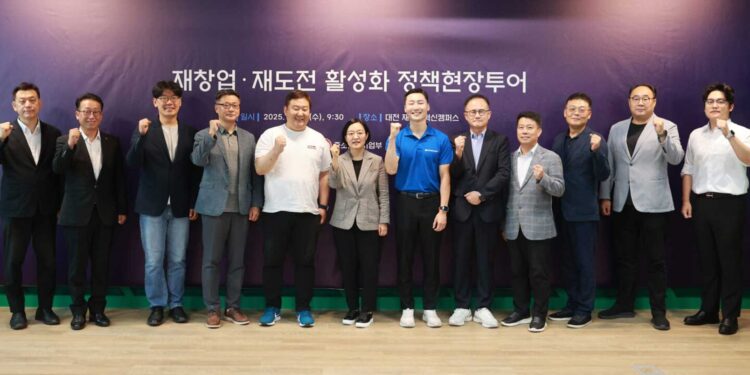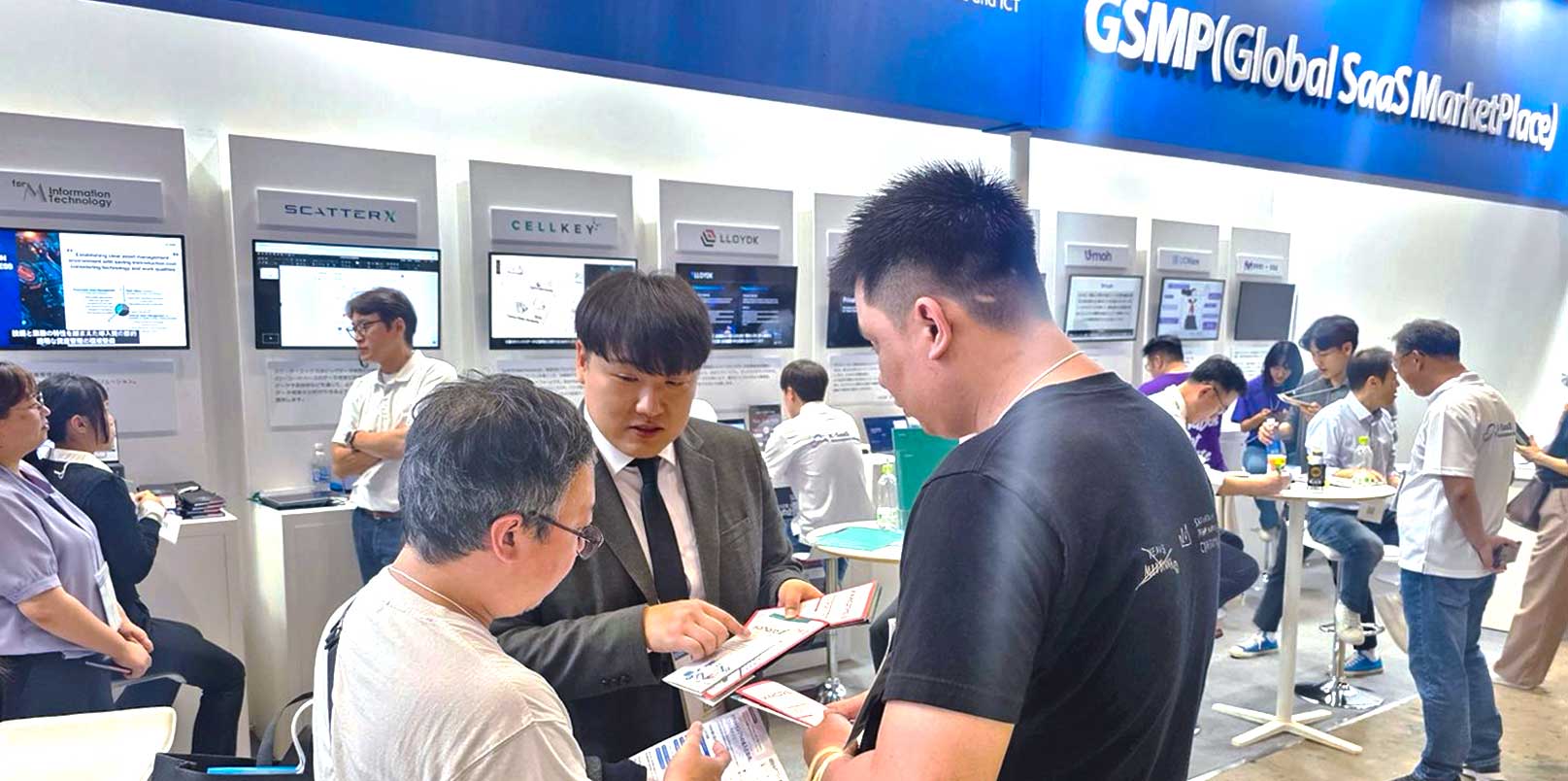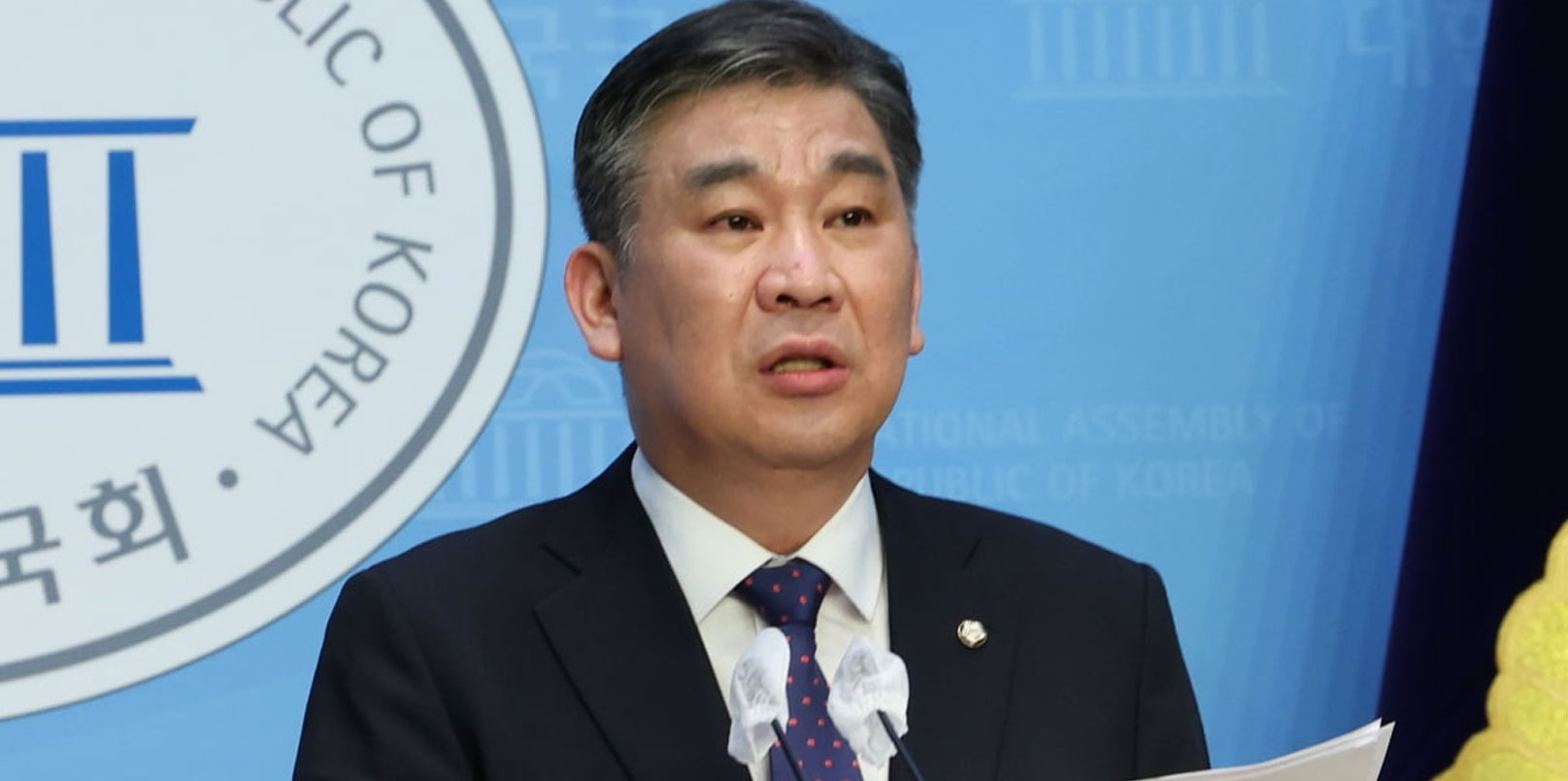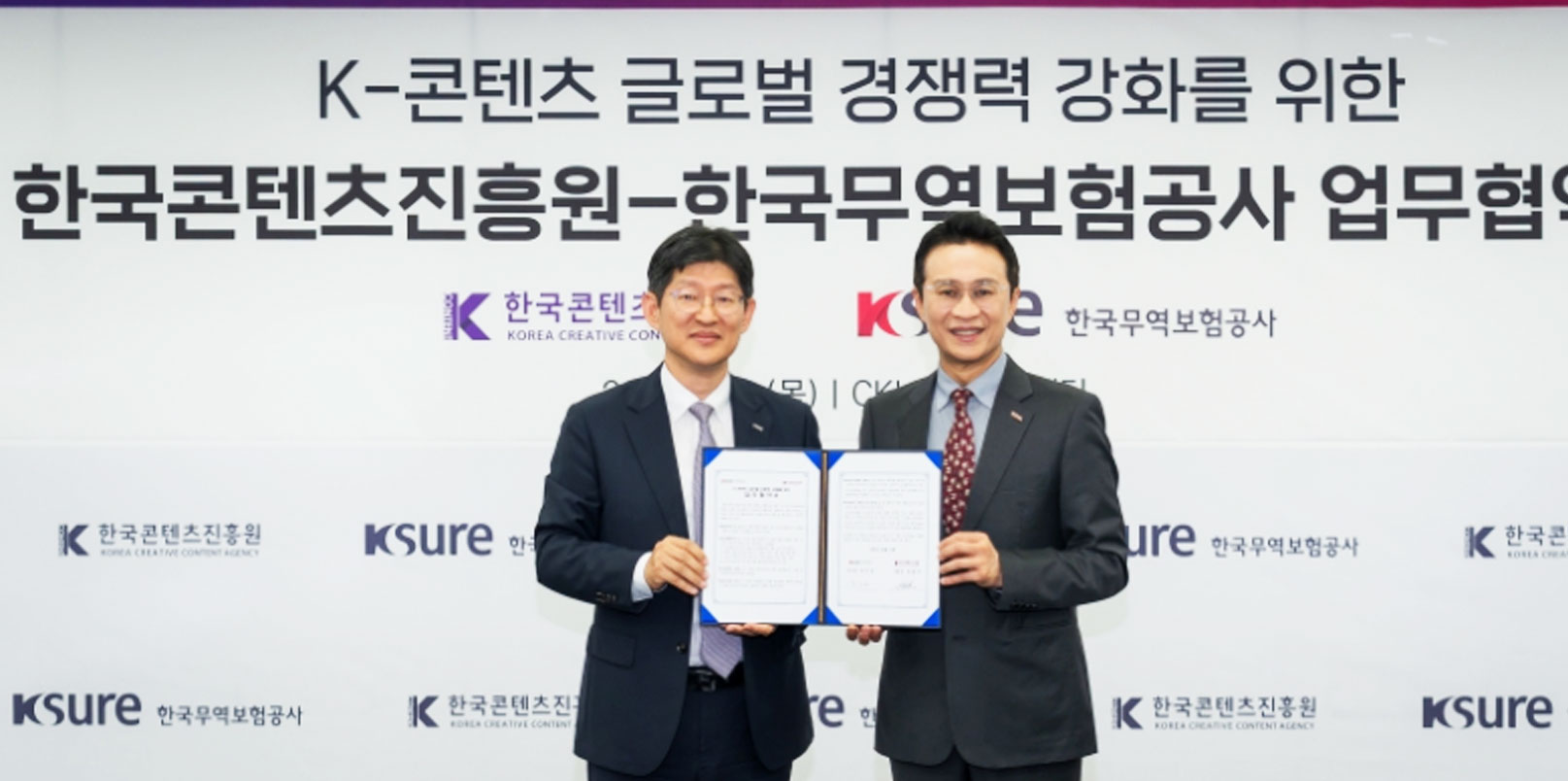For years, Korean founders have pointed to joint liability in venture investment as a barrier to second attempts. Hence, the government has now announced Startup Policy 2025 reforms to address this gap, extending protections to startup planners and expanding re-startup funds, positioning second-chance entrepreneurship as part of Korea’s global venture strategy.
MSS Updates Startup Policy 2025, Strengthening Korea’s Re-Startup Framework
South Korea’s Ministry of SMEs and Startups (MSS) has announced new reforms to its venture investment framework, expanding exemptions from joint liability to include startup planners and investment associations where they serve as general partners. The change is designed to eliminate a long-criticized blind spot in the system, which has hindered entrepreneurs seeking a second chance after failure.
The announcement was made on August 20 during the ministry’s policy on-site tour at Daejeon Startup Park, part of the government’s effort to ground Startup Policy 2025 in feedback from entrepreneurs, investors, and academics.
Joint Liability Reforms in Startup Policy 2025: Addressing Barriers to Re-Startup and Re-Challenge
The reforms target a structural issue in Korea’s venture ecosystem: the burden of excessive joint liability, long cited as deterrent for founders from attempting a re-start. While MSS had previously introduced a ban on joint liability for venture investments, gaps remained for startup planners.
At the policy session, all the participants—including early- and growth-stage re-founders, investment-seeking companies, support institutions, and academic experts—discussed measures to strengthen the re-startup pipeline.
Key topics included:
- Expanding financial support to ease capital challenges for re-founders.
- Linking policies to support scaling (scale-up) of re-startup companies.
- Improving policy accessibility for senior entrepreneurs.
- Promoting a positive culture around re-foundation.
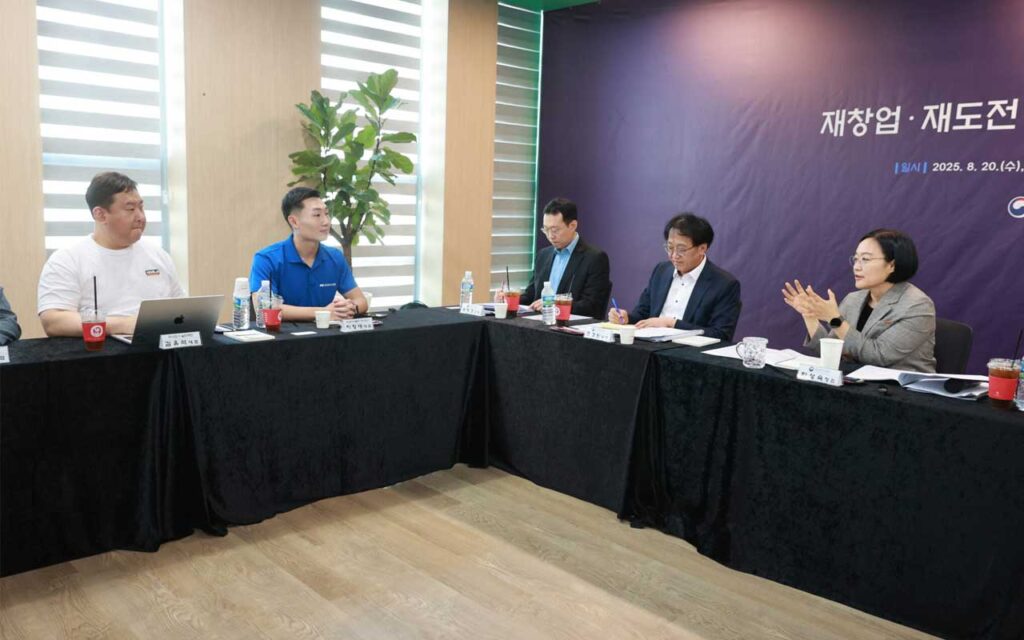
MSS confirmed that these recommendations will feed into its upcoming “Re-Startup and Re-Challenge Activation Plan” and the broader “Global Top Four Venture Powerhouse Strategy,” both scheduled for release later this year.
Minister Han Seong-sook stated,
“Re-founding is not simply a repetition of closure and launch, but a process of turning accumulated experience into a new growth engine. We will do our utmost to ensure re-founded companies can play a central role in realizing our economic vision of ‘genuine shared growth.”
New Support for Entrepreneurs with Closure Experience
Additionally, Minister Han Seong-sook underscored the government’s focus on reducing fear of failure and broadening access to financial recovery tools. Policy funds will be expanded for entrepreneurs with past closure records but strong intent to restart.
The support package will include cause-of-closure analysis, psychological counseling, and commercialization assistance. In addition, the existing Re-Challenge and Re-Bounce Fund will be reorganized into a larger-scale Re-Challenge Fund, offering broader backing for re-founders.
Minister Han emphasized,
“Excessive joint liability in venture investment must not become shackles on startups or discourage them from trying again. We will work closely with the Financial Services Commission to improve the system. Re-founded companies will be central players in realizing our economic goal of ‘genuine shared growth.’”
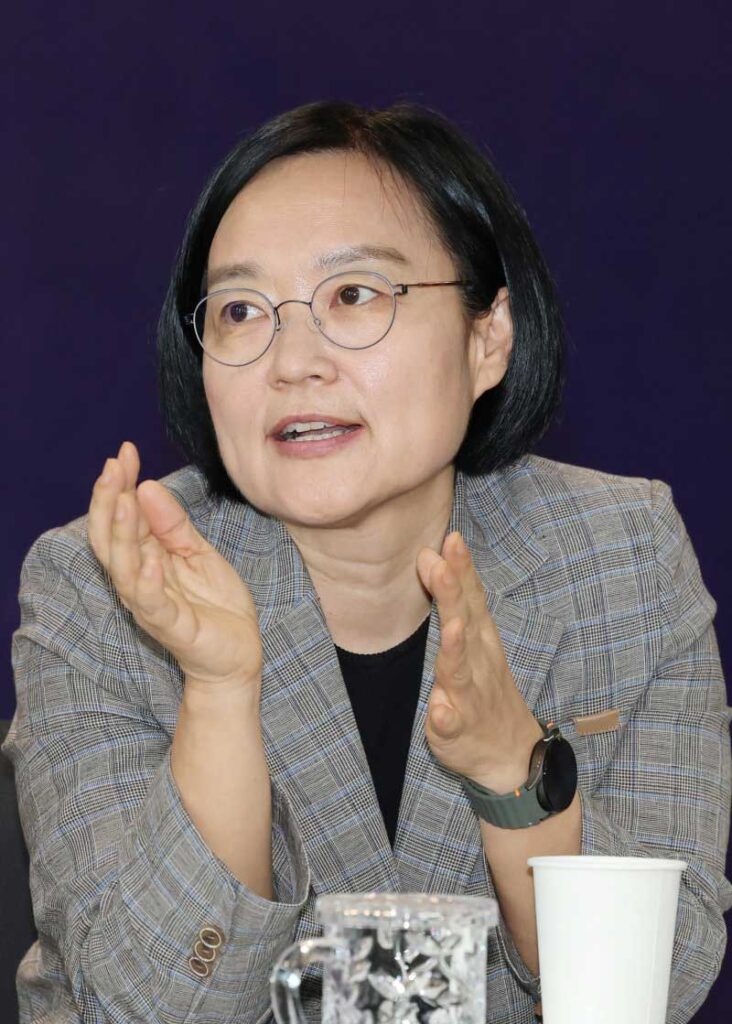
Strengthening Resilience and Inclusivity to Aim Top Four Global Venture Powerhouse
The reforms underline Korea’s strategy to strengthen resilience and inclusivity within its startup ecosystem. By easing structural barriers and embedding re-challenge pathways into Startup Policy 2025, MSS is signaling a shift toward a more inclusive and globally competitive ecosystem.
For investors and founders alike, the joint liability reform and upcoming policy packages point to a regulatory environment that prioritizes second chances, sustainable scaling, and ecosystem maturity. These measures align with the government’s stated ambition to elevate Korea into the world’s top four venture ecosystems.
Stay informed on Korea’s fast-moving startup and tech scene—follow KoreaTechDesk on social media: LinkedIn, X (Twitter), Bluesky, and Facebook for insights, funding news, and industry updates.



